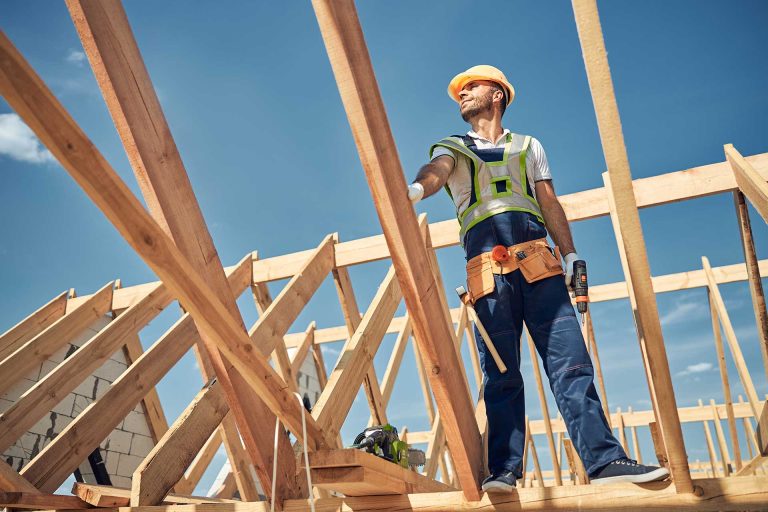

Planning to build a new single-family home, apartment complex, or commercial building? A Ground Up Construction Loan is the financial tool designed specifically for this purpose. Unlike standard mortgages or renovation loans, these loans cover the entire process of building a new structure on vacant land or after demolishing an existing one.
These are typically short-term loans (12-36 months) structured to match the construction timeline. Funds aren't disbursed all at once; instead, they are released in stages (draws) as specific construction milestones (like foundation completion, framing, roofing) are met and verified through inspections.
Building from the ground up requires a different financing approach than buying an existing property:
💡 Khojie Advantage: We partner with lenders experienced in construction financing, offering more flexible draw schedules and faster processing than many traditional banks, keeping your project on track.
Securing construction financing involves detailed planning:
Lenders look for experienced borrowers with well-planned projects:
Some lenders allow it if you have extensive, verifiable experience as a licensed GC. However, many prefer or require a separate, experienced GC for the project.
You may need to request an extension from the lender, which often involves fees. Significant delays can jeopardize your ability to secure permanent financing and repay the construction loan.
Through a pre-agreed draw schedule. After completing a phase (e.g., framing), you submit a draw request. The lender typically sends an inspector to verify the work, then releases funds for that phase.
LTC is the loan amount divided by the total project cost (land + construction). LTV is the loan amount divided by the appraised value (often the "as-completed" value for construction). Lenders consider both metrics.
Secure the financing you need for your next construction project. Khojie connects experienced builders and developers with flexible, fast construction loans.